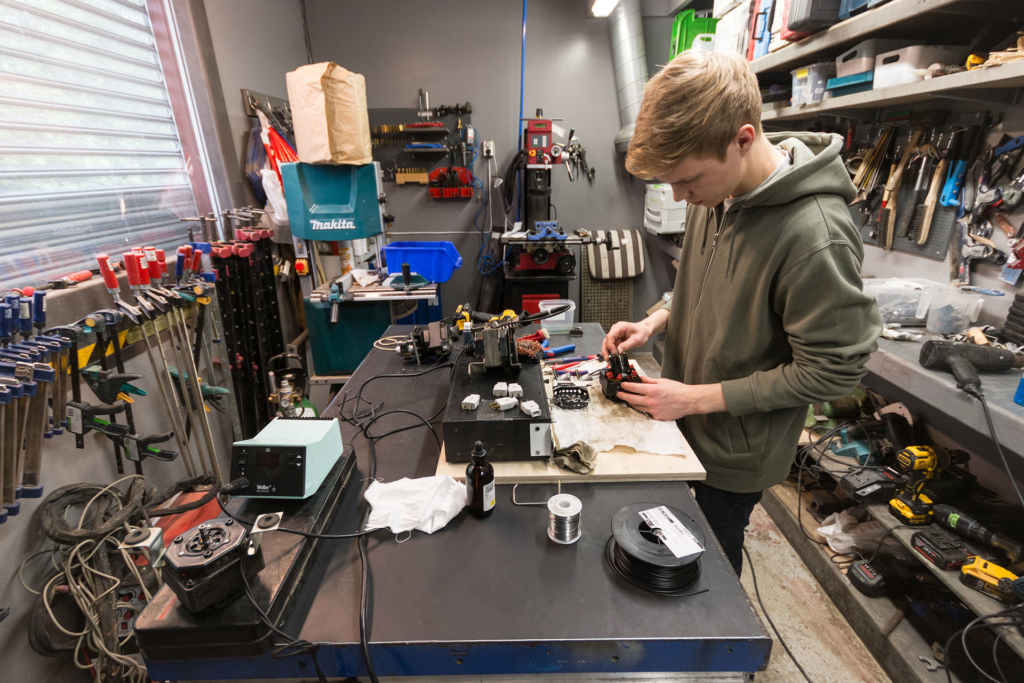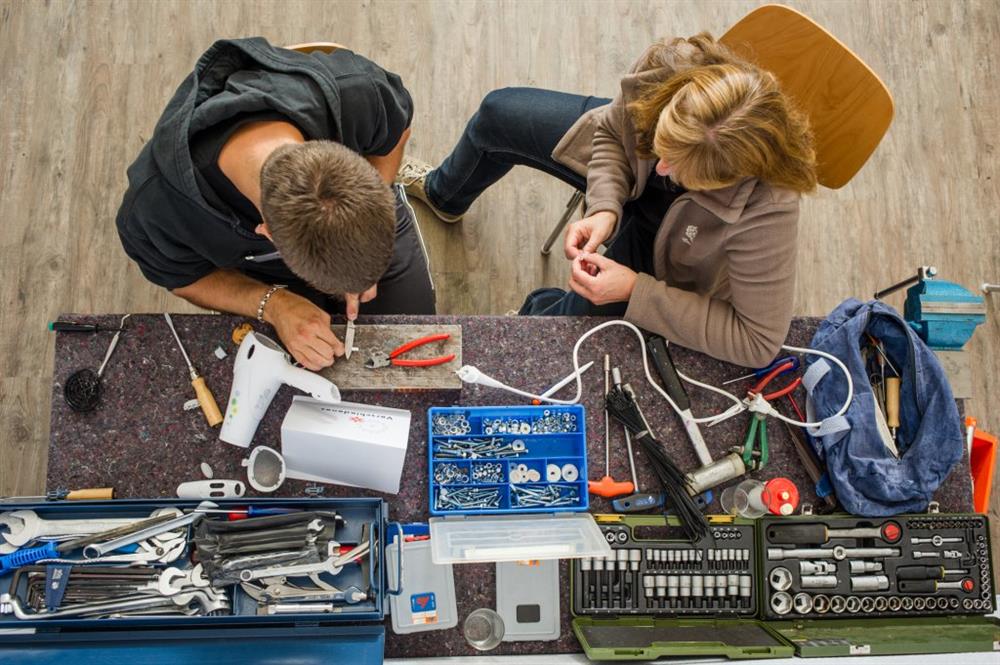Community Electronic Repair Hubs
Community electronics repair hubs have emerged as vital spaces where individuals can access resources, expertise, and tools to repair and maintain their electronic devices. These hubs serve as community-centric spaces that foster knowledge sharing, promote sustainability, and empower individuals to take an active role in extending the lifespan of their electronics. This article explores the significance of community electronics repair hubs, their role in reducing e-waste, and the benefits they bring to local communities.

The Importance of Community Electronics Repair Hubs
Community electronics repair hubs provide an alternative to the prevalent throwaway culture by encouraging repair rather than replacement. These hubs offer access to skilled technicians, repair manuals, and tools, making it easier for individuals to fix their electronic devices. By promoting repairability, these hubs contribute to a reduction in electronic waste, diverting functional devices from landfills and minimizing the need for resource-intensive manufacturing of new products.
Knowledge Sharing and Skill Development
One of the key benefits of community electronics repair hubs is the opportunity for knowledge sharing and skill development. These hubs often host workshops, training sessions, and repair events where individuals can learn essential repair skills, gain insights into troubleshooting common issues, and acquire the confidence to fix their devices. This knowledge-sharing ecosystem fosters a sense of empowerment, self-sufficiency, and community resilience, as individuals become equipped to address common electronic malfunctions and minimize their dependence on professional repair services. However, it needs to be mentioned that professional services may be required for large-scale repair or refurbishment with services such as data destruction or IT asset disposition.

Promoting Circular Economy Principles
Community electronics repair hubs play a crucial role in promoting the principles of the circular economy. By facilitating repairs, these hubs encourage the reuse and extension of the lifespan of electronic devices. Repairing and maintaining existing electronics conserves valuable resources and reduces the demand for new products. This shift towards a circular economy model promotes sustainability, reduces environmental impacts, and contributes to a more resilient and resource-efficient society.
Building Stronger Communities
Beyond their environmental impact, community electronics repair hubs bring numerous social benefits. They create spaces for individuals to connect, collaborate, and share experiences related to electronics repair. These hubs foster a sense of community engagement, as people come together to help one another and contribute to a common goal of reducing electronic waste. By promoting repair culture, these hubs also support local economies, as repair technicians and businesses thrive, providing employment opportunities and valuable services within the community.
Wrap up
Community electronics repair hubs are vital components of the sustainable electronics ecosystem. They empower individuals by equipping them with the skills, resources, and confidence to repair and maintain their electronic devices. These hubs contribute to waste reduction, promote circular economy principles, and build stronger, more resilient communities. By embracing community electronics repair hubs, individuals can actively participate in reducing e-waste, fostering sustainability, and shaping a more sustainable future.


